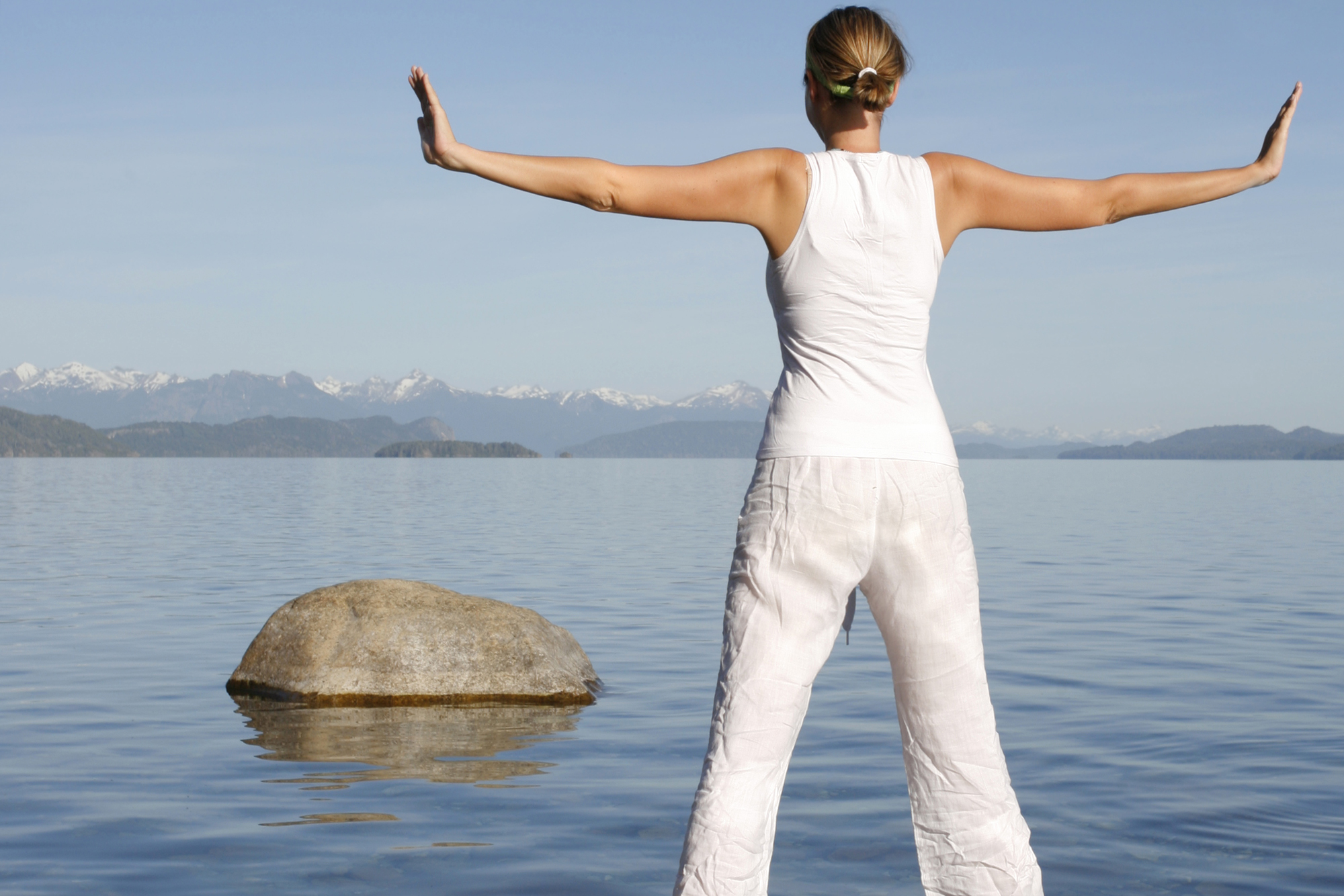When the pressure is on at work, most of us dream about taking a holiday: the type of holiday that involves sleeping in, reading a book and just ‘chilling out’ (aka not doing much).
However, research has shown that taking a holiday that involves physical activity is better for your health and your career.
Health benefits of a holiday
The health benefits of taking a holiday are well-documented. For example:
- A study published in 1992 found that women who took a holiday once every six years or less were almost eight times likely to develop coronary heart disease, or have a heart attack, than those who took at least two holidays per year.[1]
- Another study published in 2000 examined 12,000 men at high risk of coronary heart disease over nine years and found that those who did not take an annual holiday had a 21 per cent higher risk of death from all causes, and were 32 per cent likely to die of a heart attack. [2]
- Sleep can also improve, with a 2006 study commissioned by Air New Zealand finding that after a few days on holiday, people averaged an extra hour of good quality sleep and recorded an 80 per cent improvement in their reaction times. Upon arriving home, their sleep quality remained the same and their reaction times were 30 to 40 per cent higher than prior to taking a break. [3]
- Those who take a complete break from the office (i.e. no contact at all) are less stressed and are less likely to suffer from ‘burnout’ than those who don’t switch off, as found in a 1997 study. [4]
How a holiday break can help your job
For most of us, the above evidence is enough to book that holiday. However, did you know that taking a holiday can also improve your career prospects?
A number of studies from the journal Work & Stress (as reported in The Wall Street Journal [5]) found that mood, level of tension, energy and satisfaction all improved during a holiday. This means that when you get back from your break, you feel happy and energised and are ready to work at your best. Furthermore, workers about to go on holiday showed a significant increase in happiness in the weeks building up to their trip.
In addition, a 2014 study found that taking time off increases productivity in the workplace. [6] The study found that when you continue to work without a break, you increase your chances of burning out, and becoming stressed. Too much stress can lead to a host of medical problems, as well as play havoc with your mental health. Chronic stress can leave you feeling depressed and anxious, irritable and can lead to memory problems and poor decision-making.
Taking a break and attending to all areas of your health (including mental and psychological), means that you are more balanced and that in turn enables you to be more creative and productive. Having a positive energy in the workplace means that your employer will view you more favourably than a colleague who is tired, exuding negative energy and taking frequent days off due to being run-down and sick.
Take an active holiday for more benefits
The benefits of physical activity are well known. Research shows that people who have physically active lifestyles are more productive and have better attendance records at work.
However, when you combine the benefits of physical activity with the benefits of taking a holiday, there, are more positives for the workplace, as discovered through research carried out in 2014. [7] [8]
A survey of 2,000 Britons found that 82 per cent found it hard to get back to their normal routines after going on holidays, with the average person reporting that it took around four days being back at work before they felt like they were back in the right frame of mind. More than 30 per cent said it took longer for them to complete work tasks in the days immediately after their holiday. Other key findings included:
- 25 per cent forgot how to do their job
- More than 20 per cent overslept
- 17 per cent made mistakes at work
- 10 per cent admitted to missing deadlines because they were still feeling ‘relaxed’
- 84 per cent felt like they needed more time off.
However, those who took an active holiday (e.g. skiing, snowboarding, hiking or diving), returned home feeling less sluggish and more refreshed than those who took a ‘lazier’ option. They also got back into routine a lot quicker with 20 per cent claiming to be back to normal within just one day.
Researchers believe that being active on your holidays keeps your body and your mind active, which in turn makes you ready to focus on work when you get back.
Other benefits of being active on holiday means that you release endorphins which make you feel happy, and the exercise helps you sleep better, thus enhancing the whole holiday experience. You are also less likely to come home with unwanted weight gain (something most people would be happy with).
So, before you get too excited about kicking back by the pool with a cocktail in hand, think about incorporating daily fitness activities into your trip. You could be reaping more benefits than you think.
References:
[1] American Journal of Epidemiology, Myocardial Infarction and Death among Women: Psychosocial Predictors from a 20-Year Follow-up of Women in the Framingham Study, ED Eaker, J Pinsky, WP Castelli 1992, Volume 135, Issue 8. http://aje.oxfordjournals.org/content/135/8/854.short
[2] Psychosomatic Medicine, Are Vacations Good for Your Health? The 9-Year Mortality Experience After the Multiple Risk Factor Intervention Trial, BB Gump, KA Matthews, 2000, 62, pp608-612. http://people.umass.edu/econ340/vacations_health.pdf
[3] Air New Zealand, Science proves the value of vacation, published 1 December 2006, http://www.airnewzealand.com/press-release-2006-science-proves-the-value-of-holidays-dec06
[4] Journal of Applied Psychology, Effects of Respite From Work on Burnout: Vacation Relief and Burnout, M Westman, D Ededn, 1997, Volume82, No. 4, pp 516-527, http://web.comhem.se/u68426711/24/Westman1997EffectsRespiteFromWorkBurnout-VacationReliefFade-Out.pdf
[5] The Wall Street Journal, Yes, You Really Do Need to Take a Vacation, updated, 1 August, 2010, http://www.wsj.com/articles/SB128062467281422929
[6] Oxford Economics, An Assessment of Paid Time Off in the U.S.: Implications for employees, companies and the economy, February, 2014. http://www.projecttimeoff.com/sites/projecttimeoff.com/files/Oxford_UnusedTimeOff_FullReport.pdf
[7] The British Psychological Society, The work benefits of more active holidays, published 24 January 2014, http://www.bps.org.uk/news/work-benefits-active-holidays
[8] Digital Hub, ‘Active’ holidays leave you less lazy when you get back to work, published 13 December, 2013 http://www.digitalhub.media/2013/12/sun-lounger-laziness/
Other references:
New York Times, Vacations are Good for You, Medically Speaking, published 7 June 2008, http://www.nytimes.com/2008/06/07/business/yourmoney/07shortcuts.html?scp=1sq=Vacations+Are+Good+for+You,+Medically+Speakingst=nyt_r=0




